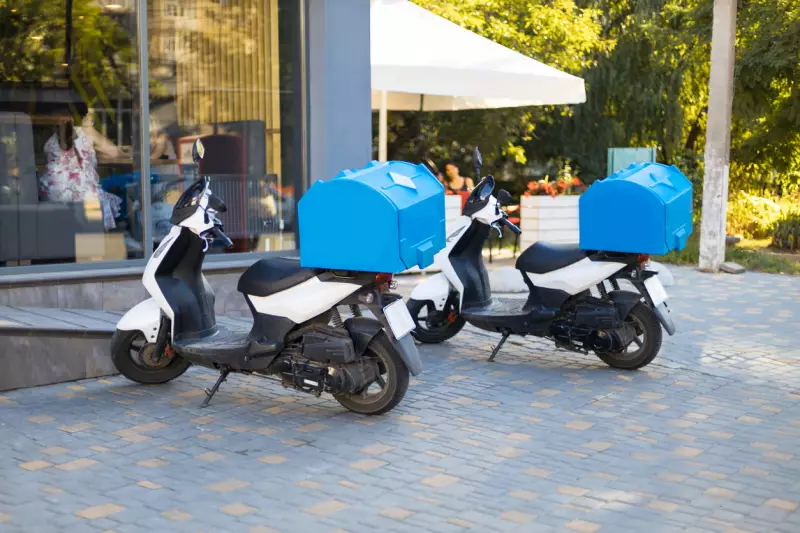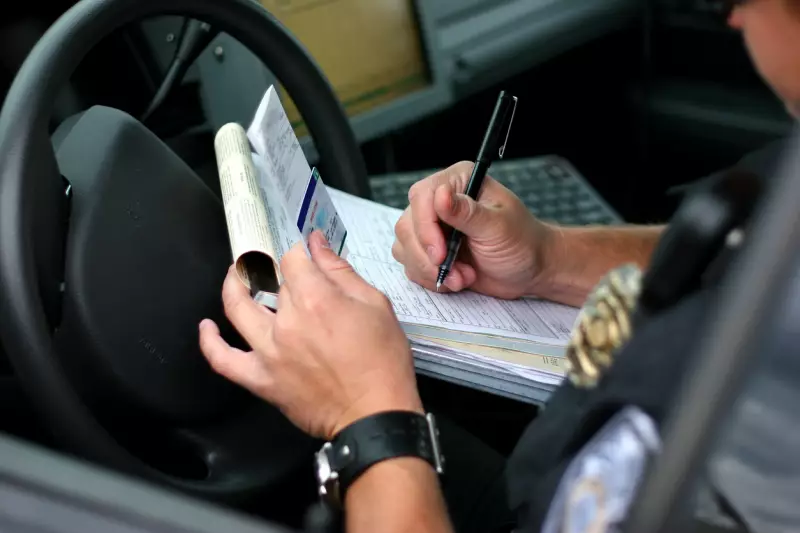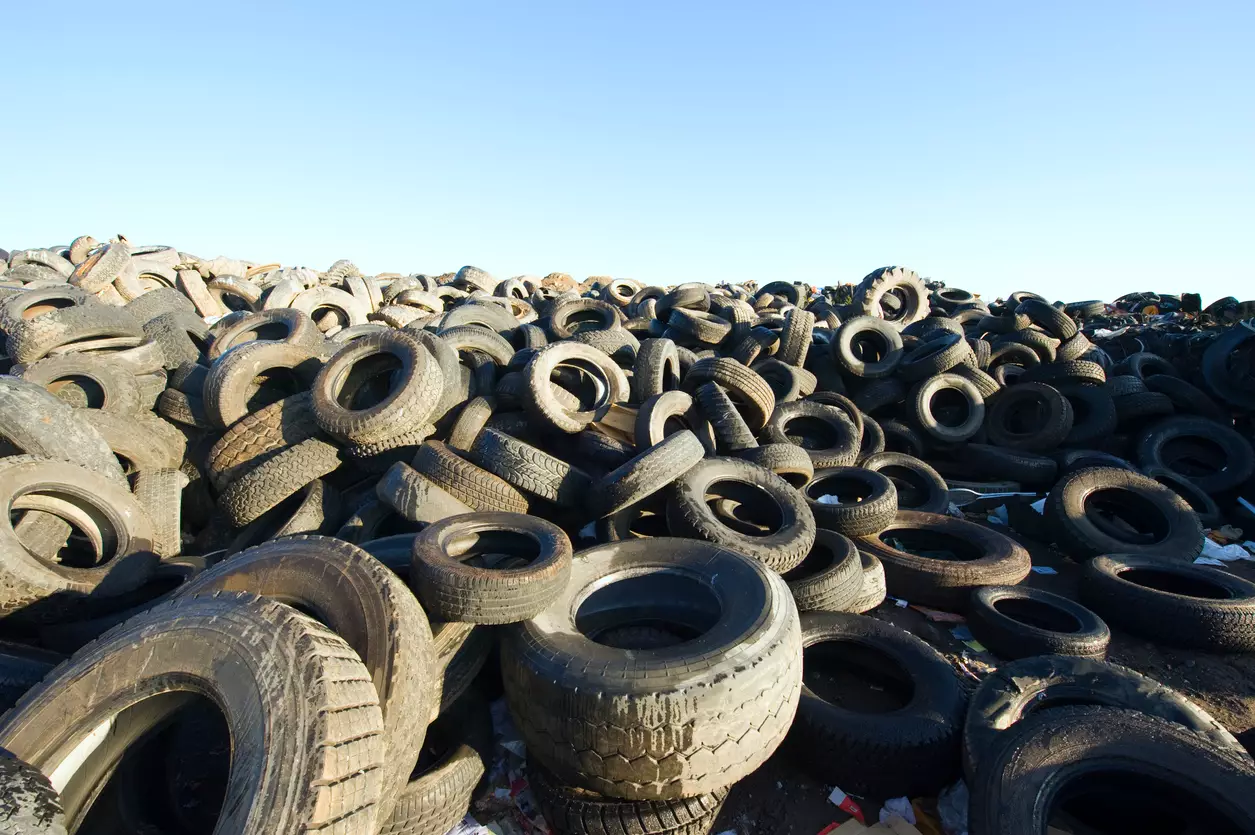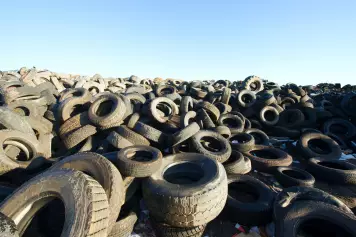Commercial vehicles are designed to safely transport freight and specialized and hazardous payloads and perform all types of utility work.
Hundreds of industries depend heavily on reliable commercial vehicles and the drivers that move the cargo. No other market relies on commercial trucks more than the food industry. In the United States alone, 63,000 supermarkets serve 330 million people, and they depend on refrigerated, long-haul, and short-run commercial trucks to deliver fresh food.
This post will cover all aspects of commercial vehicles, concentrating on vehicle differences, licensing, and penalties.
What Is a Commercial Vehicle?
Global, state, and local businesses have advanced rapidly due to technology, communication, and the movement of goods and services.
The FMCSA (Federal Motor Carrier Safety Administration) defines a commercial vehicle as, “any self-propelled or towed motor vehicle used on a highway in interstate commerce to transport people or property.”
As businesses worldwide have evolved, so have the different types of vehicles built to match their customers' needs. A commercial truck's GVWR, or Gross Vehicle Weight Rating, determines its class. For example, a light-duty truck would have the lowest GVWR, while class 8 trucks have the highest GVWR.
Any commercial truck is defined by its weight class or Gross Vehicle Weight Rating (GVWR). A truck with a GVWR of less than 10,000 lbs. is broken down further into a rating of Class 1, having a GVWR of <6,000 lbs. or Class II GVWR of >6,000 lbs.
Any commercial vehicle with a weight rating greater than 10,001 lbs. would be a Class III. Vehicle weight classes can go all the way to Class VIII, which has a GVWR of 33,000 pounds or higher.
Buses and Vans
Fleet and Commercial vehicles are umbrella terms that apply to different configurations of cars or trucks. Because of the way these definitions are applied, it is possible to operate an entire fleet of vehicles without any commercial cars or trucks. Using fleet fueling software can help you track fuel consumption and improve operational efficiency.
Buses and most vans are always considered commercial vehicles, while some vans may only be fleet vehicles. Businesses must decide from both agencies how to best classify their vehicles to be fully compliant and tax efficient.
Regulations
The U.S. Department of Transportation (DOT) and FMCSA are the two central federal agencies that regulate commercial vehicles. Each state has a central agency that enforces the laws regarding commercial vehicles.
Federal regulations cover everything from design, construction, and performance standards to safety-related components, complete restraint systems, and cargo safety. Laws for transporting hazardous waste have evolved into the Code of Federal Regulations Title 49—a group of laws that govern all domestic transportation of hazardous waste within the United States.
What is a Non-Commercial Vehicle?

According to the FMCSA, non-commercial vehicles do not require a commercial license to operate. However, as mentioned above, it is entirely possible for a company, such as a pizza delivery business, to have a fleet of vehicles with no commercial transport. The pizza business may have a large contingent of scooters, electric scooters, bikes, and so on, and none of them are considered commercial transport.
Consider the definition of a commercial vehicle with its GVWR from above. Any car or truck that cannot meet these qualifications is deemed non-commercial.
What is a Commercial Vehicle License?
A CDL, or commercial driver’s license, is required to operate any heavy, hazardous material transport or large-size vehicle in commerce in the United States. Different types of licenses exist depending on how many passengers the vehicle can transport or the size and type of cargo.
Classifications
There is not one CDL that covers all types of commercial vehicles, like a non-CDL license. CDLs are distinguished by the types of vehicles you plan to operate. These classifications are Class A, B, or C.
- Class A CDLs are required to operate any heavy vehicle of 26,001 or more pounds, which includes towed vehicles of more than 10,000 pounds. Class A vehicles include tractor-trailers, truck and trailer combinations, tanker vehicles, and flatbeds.
- Class B can be a single vehicle with a GVWR of 26,001 pounds or more. Class B vehicles include large and segmented buses, box trucks, and dump trucks.
- Class C CDLs are required if the vehicle does not meet a Class A or B license. Class C vehicles may include small HAZMAT transport or passenger vans.
What is the Fine for Driving a Commercial Vehicle Without a CDL?

Driving a non-commercial vehicle without a license is a relatively minor event, depending on the state. The consequences may include a few points added to the license, a small fine, and maybe probation.
Driving commercial vehicles is an entirely different story.
Most states follow federal guidelines when deciding on commercial vehicles (CMV) and their operations. CDL permits are given out based on the vehicle's weight classes, hazardous material transport, and endorsements for special situations.
Several categories fall within the preview of driving without a CDL license, such as an expired license, driving with a suspended license, and not having the proper endorsements.
- Drivers never holding a CDL license: Operating a CDL without ever holding a CDL is usually a misdemeanor. A conviction can result in jail time and a $1000.00 fine. The offender may be barred from applying for up to 120 days.
- Exceeding class or endorsement limits: CDL holders can be cited for operating a CMV above weight limits, length, or special endorsements. For example, operating any commercial endorsement without the proper air-brake certification. Penalties may be a misdemeanor with jail time and a $1000 fine, plus a 120-day prohibition on driving a CMV.
- Expired CDL: This misdemeanor results in driving without a license charge. However, most states have a grace period and waive the charge if the driver renews their license within 30 days.
- Driving without a CDL in your possession: Most state prosecutors are willing to waive the charge if they can prove you held a valid license at the time of the offense.
- Revoked CDL: The penalties for this offense are harsh, depending on the type of revocation. Generally, these are misdemeanor fines. However, if the revocation was due to impaired driving, there may be mandatory jail time and increased penalties.
Depending on the severity of each offense, the DMV may impose a loss of the CDL or jail time of up to one year. If the prior conviction was a DUI, the driver may face a full revocation of their license. However, some states allow a reapplication process after ten years.
Additional violations, such as job loss, points added to the CDL, and insurance rates, can significantly affect a driver. Staying compliant is a significant goal from the driver all the way to company ownership.
Any driver who threatens a company's stability is usually dismissed without warning. Business fleets take moving violations seriously because insurance rises for the company, not just the driver. Adding points to a CDL increases insurance costs. DUI convictions are not tolerated.
Commercial trucks and their drivers are usually the first targets of any lawyer for mishaps, injuries, and, God forbid, loss of life. Any person going after a CDL must first think of safety on the roads and always staying compliant. CDL drivers are expected to have training and be a step above the rest of us when issued a license to drive a big rig.
Why CDL Licensing Is Crucial for Operating Commercial Vehicles
CDL drivers are issued licenses because the state and the DOT believe they can safely operate a commercial vehicle. Class A, B, or C drivers must be trained to handle road situations and the laws of the state they operate in. Penalties for CDL drivers can mean the loss of income to the person and their families. NON-CDL drivers may receive only a fine.
Transporting hazardous materials, CDLs are not handed out to just anyone. Federal, state, and local authorities are “bound to guarantee” the safety of their citizens.




















